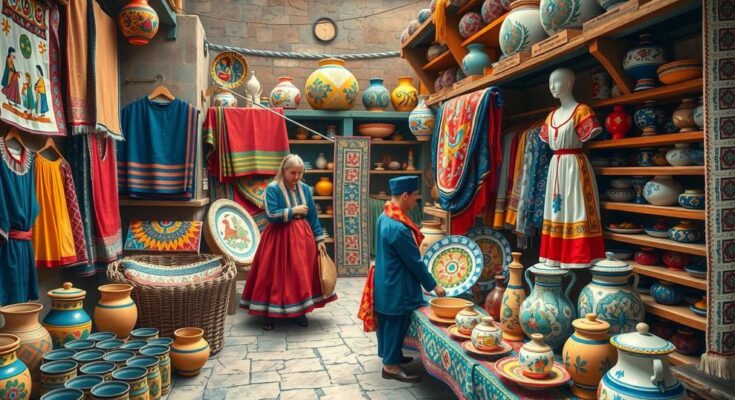The diverse tapestry of cultures enriches our society, fostering acceptance and inclusion. As an international student, I’ve experienced first-hand the beauty of cultural exchanges that reveal hidden facets of identity. However, this embrace isn’t universal; too often, cultures are commodified for profit, neglected under the weight of individualism. Such exploitation demands a shift in perspective towards genuine cultural appreciation rather than mere appropriation.
It is essential to recognise and credit the origins of cultural elements that we enjoy. The term ‘cultural appreciation’ encapsulates this ethos. We should forge an environment where acknowledgment is the norm, and misappropriation is rejected. Yet, we continue to face scenarios that illustrate the opposite trend.
For instance, in September 2024, Junko Hagiwara, a Japanese woman residing in Seville, faced criticism for performing Flamenco—a style reserved for native Spaniards. Despite her long-term immersion, this incident highlights the need for respect for cultural authenticity, emphasizing that every culture deserves recognition and reverence.
Similarly, on the Canadian show Dragons’ Den, a boba brand named Bobba came under scrutiny for presenting its product without acknowledging its Taiwanese roots. After receiving pushback, they apologised, vowing to represent bubble tea’s origins accurately. This oversight in branding mirrors a common trend where commercial benefits overshadow cultural respect.
The haka, a sacred Māori performance, is another example of cultural commodification. While New Zealand’s All Blacks collaborate with Māori to honour its significance, other teams mimic the dance, leading to controversy over its commercialization. This has upset Māori tribes, who feel their cultural symbols are exploited without consent.
The apparel industry also showcases exploitative practices. In June 2021, Mexico’s Ministry of Culture called out brands like Zara and Anthropologie for incorporating patterns from indigenous communities without crediting them. Such practices strip away the history and intellectual property of these groups, perpetuating economic disadvantages.
These instances illustrate the critical distinction between cultural appropriation and appreciation. We should aim for authentic cultural exchanges that foster integrity. Addressing commercialization is vital if we are to mitigate inequalities and honour cultural diversity. Promoting awareness around Indigenous traditions will pave the way for understanding and equality. Respecting cultures not only uplifts the marginalized but also enriches our society as a whole.
This article explores the issue of cultural appropriation versus cultural appreciation, highlighting examples from various sectors, including performance arts and fashion. It illustrates incidents of cultural exploitation, stressing the need for acknowledgment and respect for the origins of cultural elements. The piece emphasises the importance of fostering genuine exchanges that reflect integrity and authenticity, urging society to address inequalities and honour diverse traditions.
In conclusion, the commercialization of cultural elements poses significant challenges to the appreciation and respect for diverse traditions. Striking a balance between cultural appropriation and genuine appreciation is critical for fostering societal equity. Through awareness and recognition of cultural origins, we can build bridges of understanding, ensuring that all communities benefit from their rich heritage without exploitation. By cultivating respect for the diverse cultural landscape, we shape a society that values authenticity and inclusivity.
Original Source: thecolgatemaroonnews.com



